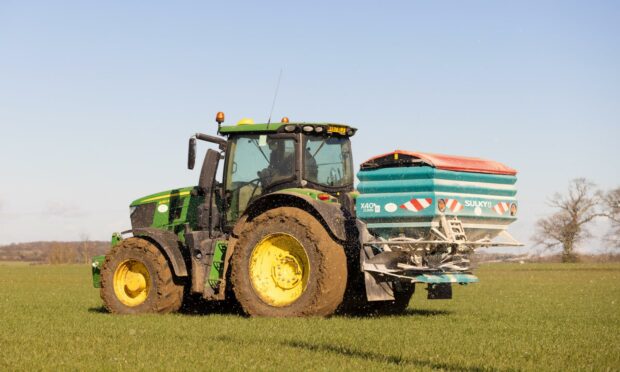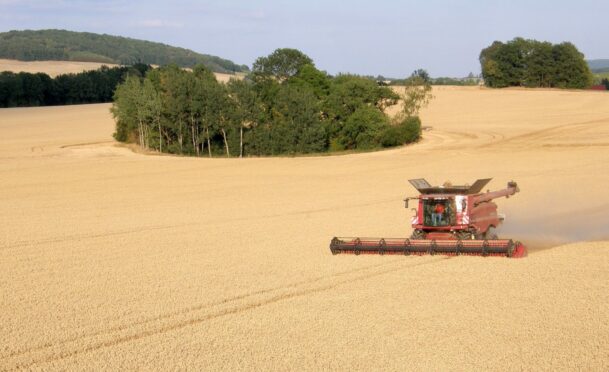Members of the European parliament’s agriculture committee have stressed that the blame for high fertiliser prices must be laid squarely at Russia’s door.
In a debate, they said the European Commission, national governments and farmers were seeking to live with a situation created by Russian aggression.
At the meeting, the Commission’s deputy in DG Agriculture, Michael Scannell – an agricultural research scientist in Ireland before going to Brussels – said farmers could take some steps to ease the impact of fertiliser costs, led by reducing potash in the short to medium term without a significant impact on yields.
Scannell said the impact of higher fertiliser costs varied across enterprises, but warned that the price rise was the inevitable consequence of Russia being the world’s biggest exporter of nitrogen fertilisers and number two for potassium and phosphate.
Concerns over fertiliser prices have also prompted calls for a review by Brussels of the European fertiliser market and its control by a limited number of companies, and the European Commission has granted state aid approval for multi-million euro aid packages for farmers in Poland, Croatia and Germany affected by the loss of export sales to Russia and Ukraine.
Meanwhile, the World Bank has estimated that the cost to date of physical damage to Ukraine by Russia is close to £50 billion and rising every day.
In the short term the United Nations Food and Agricultural Organisation (FAO) says it urgently needs around £90 million to prevent the complete collapse of the food chain in Ukraine.
Despite once being the bread basket of Europe it is facing crop failure and major food shortages. Longer term recovery has also been hampered by Russia attacking large grain silos as well as major ports.
FAO says Ukrainian agriculture lacks the basics needed, including seeds, fertilisers, agrochemicals and fuel for tractors and other machinery. It says that in addition it will seek to provide livestock products and grain to alleviate immediate food hardship.
As part of the Farm to Fork green initiative, the European Food Safety Authority has set out mechanisms that could pave the way for compulsory EU-wide nutrient labelling. It says this would help tackle health problems related to obesity and diet.
Targets would include not only saturated fats, but sodium levels, sugar and dietary fibre. Labelling could also include information on iron, calcium, vitamin D, foliates and iodine.

